Benefits of shopping at local farmers’ markets

Benefits of Shopping at Local Farmers’ Markets
Shopping at local farmers’ markets offers a myriad of benefits that can enhance your lifestyle, health, and connection to your community. For middle-aged individuals, these markets provide a unique opportunity to access fresh, nutritious food, support local economies, and engage in a more sustainable way of living. Here’s a comprehensive guide on why you should make local farmers’ markets a part of your routine.
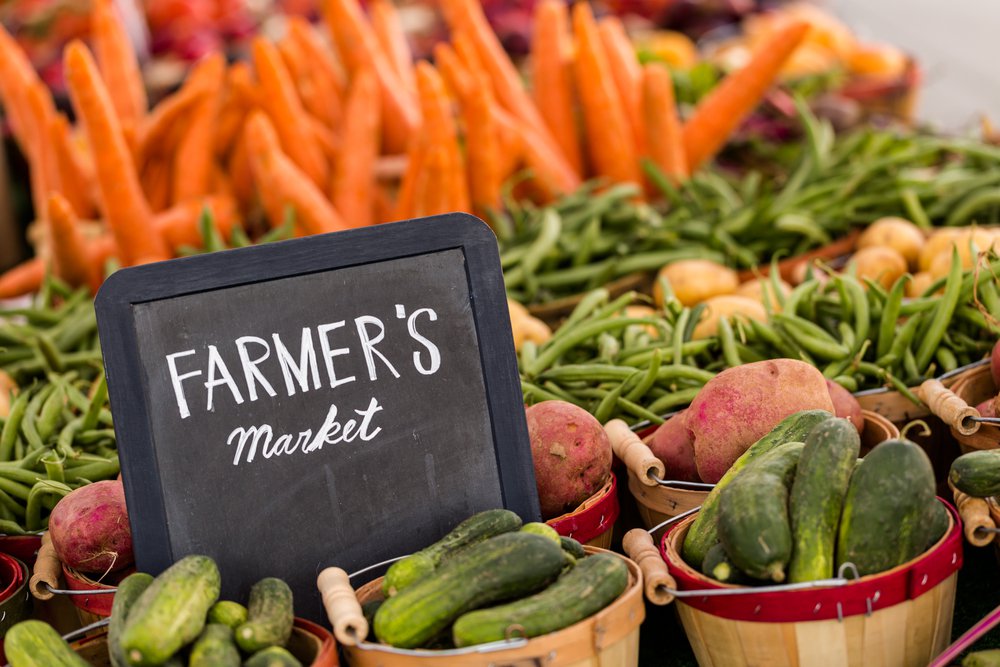
1. Freshness and Nutrient Content
One of the most significant advantages of shopping at farmers’ markets is the freshness of the produce. Unlike supermarket fruits and vegetables that often travel long distances, farmers’ market produce is typically harvested just hours before it reaches you. This minimal transit time ensures that the products retain a higher nutrient content, including essential vitamins, minerals, and antioxidants. Consuming such fresh and nutrient-dense foods can contribute to improved overall health and vitality .1 .2.

2. Seasonal and Locally Grown Foods
Eating fruits and vegetables that are in season not only supports the local economy but also benefits your health. Seasonal foods are at their peak in terms of flavor and nutritional value. They are also more likely to be grown without excessive use of pesticides, as small-scale farmers often prioritize sustainable and organic farming practices .1 .3. By consuming locally grown foods, you are more likely to access varieties that are adapted to your region’s climate, which can potentially provide additional health benefits.
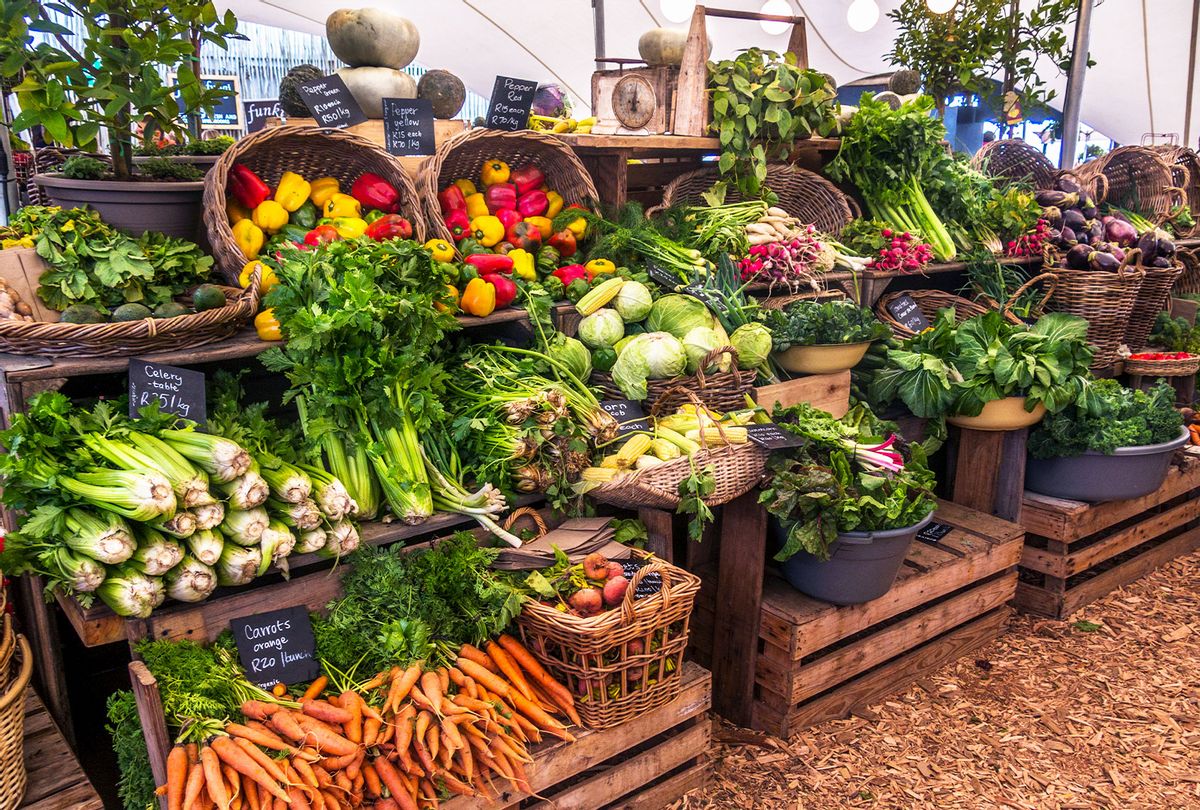
3. Reduced Chemical Exposure
Conventional farming methods often involve the use of synthetic pesticides, herbicides, and genetically modified organisms (GMOs). By purchasing products from local farmers’ markets, you have a higher likelihood of accessing organic and naturally grown foods. Organic farming practices eliminate or minimize the use of harmful chemicals, reducing your exposure to potentially harmful substances .1 .3.
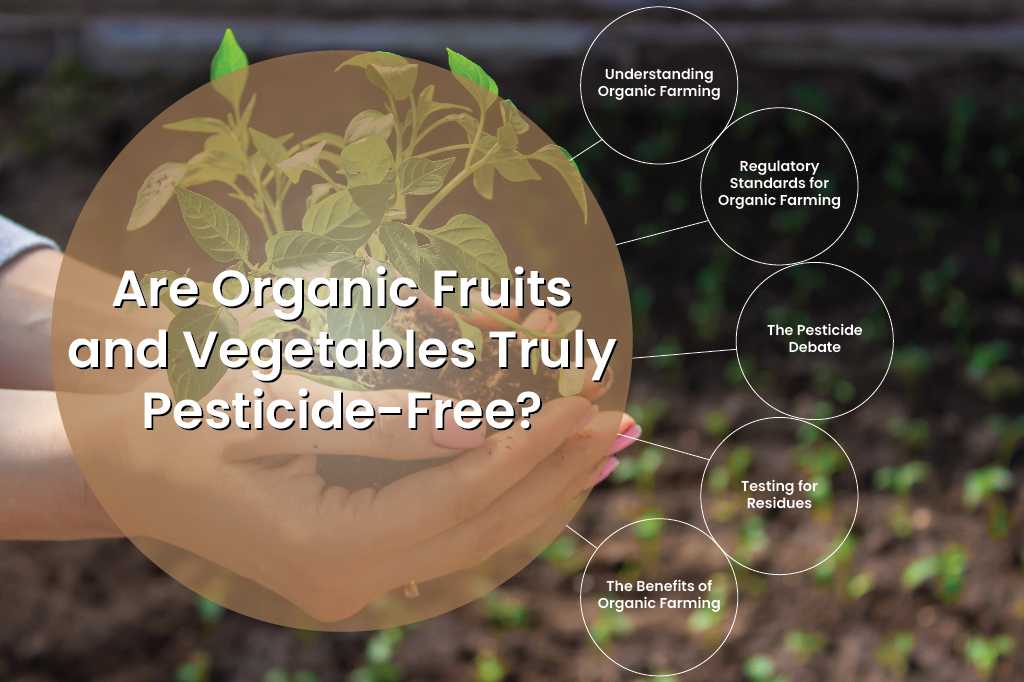
4. Support for Small-Scale Farmers
When you buy from local farmers’ markets, you directly support small-scale farmers and local agriculture. This support not only contributes to the economic well-being of farmers but also helps to preserve farmland and promote sustainable farming practices. By choosing to purchase from these markets, you become an active participant in creating a resilient and robust local food system .1 .3.

5. Increased Culinary Variety and Food Education
Farmers’ markets often offer a wider range of produce and products compared to traditional supermarkets. Exploring the stalls at a local farmers’ market exposes you to a diverse array of fruits, vegetables, herbs, and other culinary delights that you may not find elsewhere. This variety encourages you to experiment with new flavors, promoting a well-rounded and diverse diet. Additionally, you can learn the best recipes, preservation techniques, and prep tips for what you just bought by interacting with the farmers .3 .7.

6. Social and Community Benefits
Visiting a farmers’ market is not just about shopping; it’s also a social experience. These markets provide opportunities for physical activity, social interaction, and a deeper connection to the community. Whether it’s enjoying fresh produce or simply strolling through vibrant stalls, farmers’ markets enrich your experience in unexpected ways. For middle-aged individuals, this social aspect can be particularly beneficial, helping to combat loneliness and fostering a sense of belonging .6 .15.

7. Environmental Benefits
Shopping at farmers’ markets helps protect the environment by reducing the carbon footprint associated with food transportation. Foods sold at farmers’ markets require less packaging due to short shipping distances and are often grown in eco-friendly environments without synthetic fertilizers and pesticides .15. This sustainable approach not only benefits you but also contributes to a healthier planet.
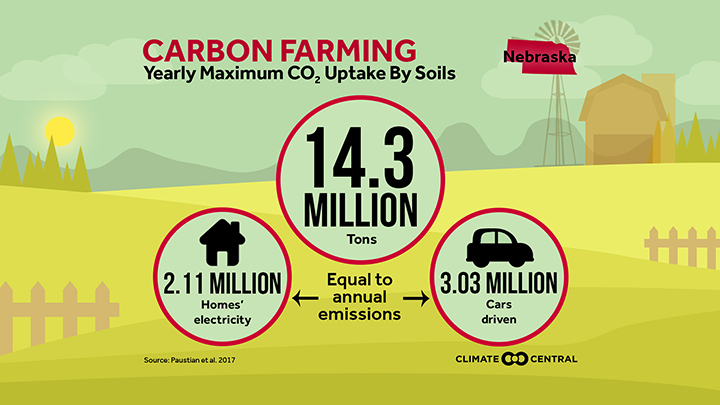
8. Economic Benefits
By supporting local farmers, you are contributing to the local economy. Most of the money spent at farmers’ markets stays within the community, supporting family-owned farms and helping them thrive. This economic support can also lead to more affordable prices for organic and locally grown produce compared to what you might find in supermarkets .3 .13.
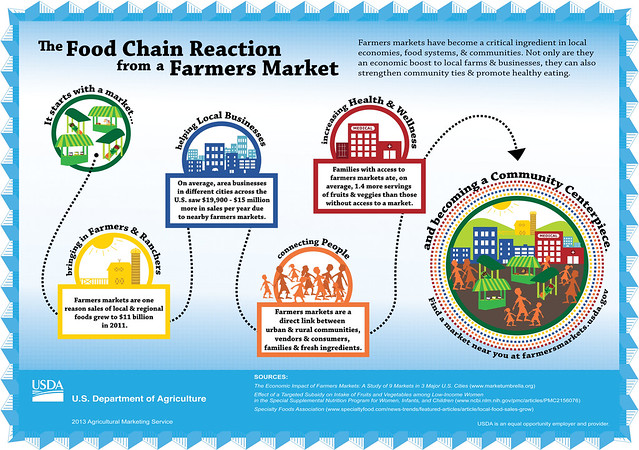
9. Educational Opportunities
Farmers’ markets often offer more than just food; they can be places of learning and inspiration. From cooking demonstrations to gardening tips, you can discover new recipes and cooking techniques or even try your hand at growing your own herbs. Learning new things keeps your mind engaged and opens you up to new hobbies or interests .6 .12.

10. Fun and Engaging Experience
Shopping at a farmers’ market is an enjoyable experience that combines the senses—sights, smells, and tastes. You get to sample fresh produce, artisanal cheeses, and baked goods, making it a fun outing for the whole family. Whether you’re meeting friends, bringing the kids, or simply enjoying the atmosphere, farmers’ markets offer a unique experience that traditional grocery shopping cannot match .11 .15.

Practical Tips for Shopping at Farmers’ Markets
To make the most of your farmers’ market experience, here are some practical tips:

1. Bring Reusable Bags and Containers
Bring sturdy bags or baskets to carry your purchases. Some farmers may have bags, but it’s always good to come prepared. Consider bringing a cooler or cold bag for items like milk, eggs, and cheese .7 .9.

2. Plan Your Visit
Before you go, write down what you’ll need to buy. Plan for the meals you will make that week and snacks you might want to pick up. Knowing what’s in season will help you know what to expect and plan for .7 .9.
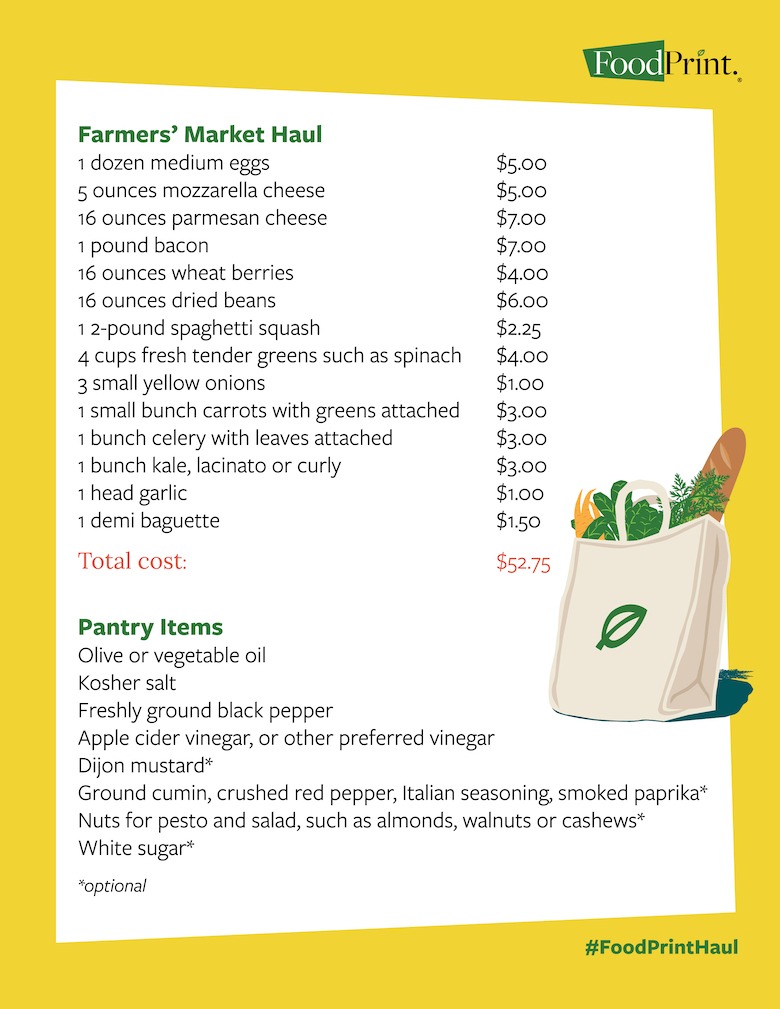
3. Bring Cash
More vendors are beginning to accept cards, but cash may be easier. Bringing your cash in small bills can help make sure the farmers and artisans will be able to break your bills and have the correct change for you .







